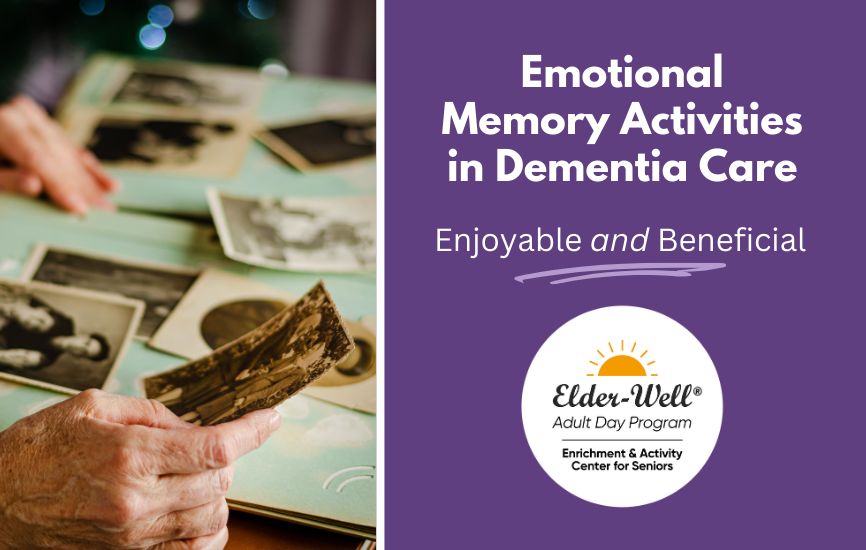Mar 01,2024

Dementia is a complex condition that affects millions of people worldwide, causing a decline in memory, thinking, and the ability to perform everyday activities. While there is no cure for dementia, there are various strategies and approaches that can help improve the quality of life for those living with the condition. One such approach is the stimulation of emotional memory, which has been shown to have profound benefits in dementia care.
Emotional memory refers to the ability to remember events and experiences based on the emotions associated with them. Unlike other forms of memory, emotional memory tends to be more vivid and long-lasting. This is because emotional experiences trigger the release of neurotransmitters like dopamine and norepinephrine, which enhance memory formation and retention.
In the context of dementia care, emotional memory becomes particularly important because it is often less affected by the condition compared to other types of memory. This means that even as other memories fade, emotional memories can remain intact, providing a valuable connection to the past and a source of comfort and familiarity for those living with dementia.
Emotional memory plays a crucial role in dementia care, offering a way to connect with individuals on a deep and meaningful level. By understanding the importance of emotional memory and employing strategies to stimulate it, caregivers and loved ones can help enhance the quality of life for those living with dementia, providing comfort, joy, and a sense of connection to the past.
Our Elder-Well® care team is always happy to help caregivers with idea’s to enhance their techniques! Connect with us at info@elderwelladultday.com
Feel free to contact us with any questions regarding our services or to schedule a visit.